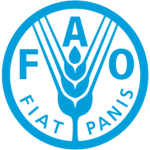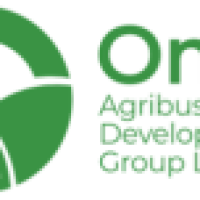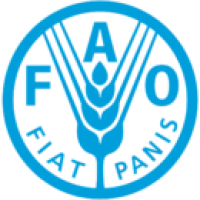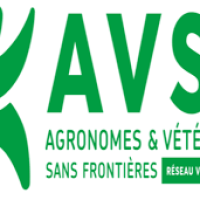Tasks and responsibilities
In close collaboration with all team members, the incumbent is expected to:
• Liaise with identified communities and implementation partners to prepare workplans for the development and support of community-based breeding programs and animal identification and recording systems.
• Support the development of agreements with implementation partners, describing roles and responsibilities of stakeholders.
• Prepare and contribute to reports, manuals, guidelines, and other specialized publications.
• Build capacity of implementation partners and communities in the field.
• Follow up on agreed activities with partners and communities in the field.
• Travel to project sites as needed to engage with communities and monitor field activities.
• Develop exit strategies at the end of the project.
• Perform any other tasks as required.
CANDIDATES WILL BE ASSESSED AGAINST THE FOLLOWING
Minimum Requirements depending on the profile and orientation
• Advanced university degree in animal breeding and genetics, or a relevant field
• At least two years of relevant experience in livestock sector development
• Working knowledge of English (level C)
FAO Core Competencies
• Results Focus
• Teamwork
• Communication
• Building Effective Relationships
• Knowledge Sharing and Continuous Improvement
Technical/Functional Skills
• Extent and relevance of experience in community-based breeding programs and animal identification and recording systems development.
• Extent and relevance of experience in capacity building of partners and pastoral communities.
• Extent and relevance of experience in the preparation, editing and revision of technical/scientific documents related to livestock sector development.
• Extent and relevance of experience in collecting technical information and data.
• Demonstrated skills and experience in writing project-related documents and reports.
• Understanding of FAO policies and programmes is considered a strong asset.
• Working experience in the field in East Africa is an asset.











